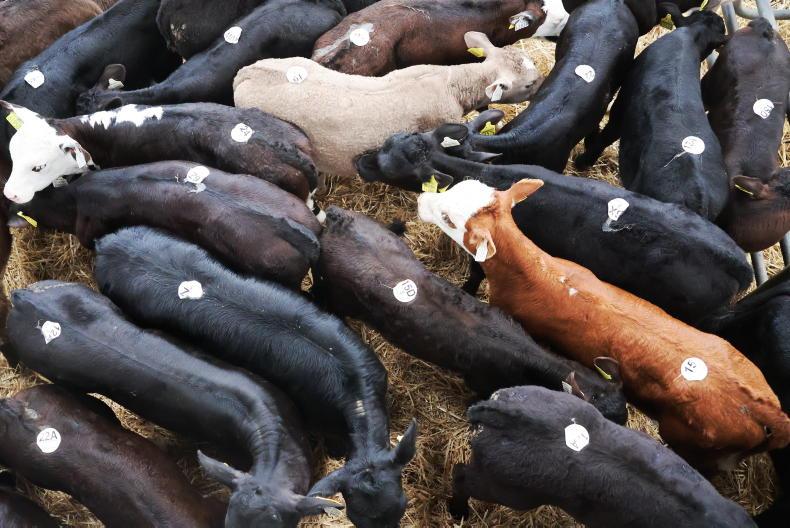A 50% reduction in the use of plant protection products in each member state of the EU by 2030 now seems inevitable.
What is extraordinary is that these new regulations were mostly drafted by lawyers and nowhere more than in law does the principle of treating each case on its own merits apply.
The Irish potato sector provides a particularly good example. In many seasons, growers have to go out eight or 10 times to protect the crop against blight.
Leaving out the particular emotional resonance of the potato and the human devastation caused by a fungus easily controlled by modern plant protection products; the principle should be clear if the aim of policymakers is to have food production combined with the minimum use of agri chemicals.
An informed view should be taken of the amount of product needed to control the disease, weed or insect.
There is no point in pretending that we shouldn’t need the intervention of such products in growing our food or treating our animals.
Part of the irony of the new regulations is that EU growers have been denied access to GM technology
We have a case-by-case approach taken in the administration of antibiotics to animals and indeed to humans and the current regulatory system surrounding the treatment of arable crops has a high degree of traceability and accountability built into it.
Part of the irony of the new regulations is that EU growers have been denied access to GM technology that has demonstrated – in Teagasc trials – the potential to produce blight-resistant potatoes which, if allowed, would dramatically reduce the need for spraying, while similar techniques to control the Irish climate favoured septoria in wheat are on the horizon if a sensible regulatory system were in place.
When the debate to control Roundup was raging in France a few years ago, President Macron sensibly said he had no difficulty in signing the order to ban it provided there was a suitable alternative available to farmers. There wasn’t and the use of the product continued.
We are seeing in the European Commission an increasingly doctrinaire approach to farming that seems to be based on prejudice rather than logic.










SHARING OPTIONS